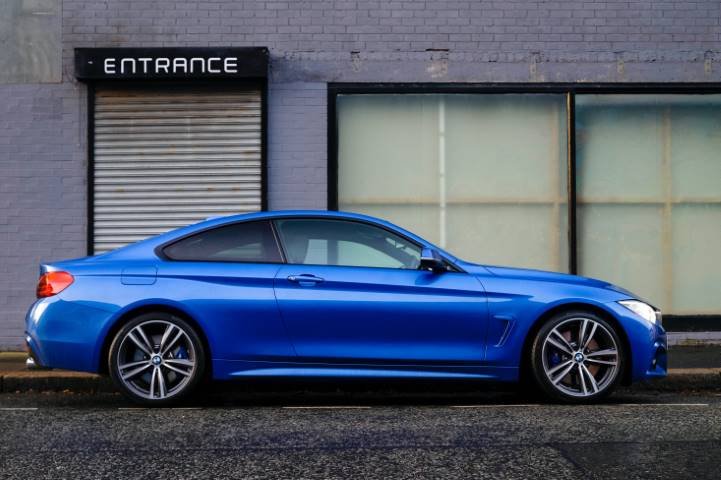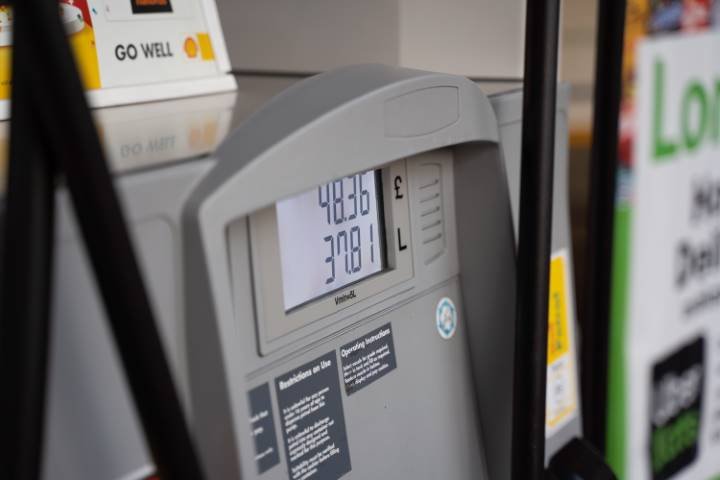Why car is a Bad Investment? How car keeps you Poor

Cars have become a symbol of status and wealth in todays’s society. In reality, cars actually take away your wealth and could possibly make you go broke
A car is a financial triple threat:
You pay interest on its loan
You pay to maintain/repair it
It depreciates in value over time
A car actually depreciates by 10% the moment you buy it, and by 50% in just 4 years
It’s such a bad investment, you can’t call it an investment at all.
Let me Explain you in detail, sit back and read
Buying a car is often seen as a sign of success and independence. However, while owning a car may have its advantages, it is important to acknowledge the financial costs associated with this investment. In fact, owning a car can be a bad investment and may keep you poor.

Here are some reasons why:
1. Depreciation
One of the biggest reasons why a car is a bad investment is that it depreciates rapidly. As soon as you drive a new car off the lot, its value drops significantly. According to Edmunds, a new car will depreciate by around 20% in the first year of ownership and by 50% after five years. This means that if you bought a $30,000 car, it would be worth only $15,000 after five years. The depreciation of a car is a hidden cost that many people overlook when they purchase a car, and it can have a significant impact on your finances.

2. Maintenance and Repair Costs
Another reason why a car is a bad investment is the ongoing costs of maintenance and repairs. Cars require regular maintenance such as oil changes, tire rotations, and brake replacements, which can add up over time. In addition, as a car ages, it becomes more prone to breakdowns and requires more frequent repairs. The cost of these repairs can be significant and can quickly add up, particularly for older cars.
3. Fuel Costs

Fuel costs are another ongoing expense associated with owning a car. With the price of gasoline constantly fluctuating, it can be difficult to budget for fuel costs. In addition, cars with poor fuel economy will require more frequent refueling and will cost more to operate over the long term.
4. Insurance Costs
Another significant cost associated with owning a car is insurance. The cost of insurance can vary widely depending on factors such as your age, driving history, and the type of car you drive. According to the Insurance Information Institute, the average cost of car insurance in the United States is around $1,000 per year. This is a significant expense that should be factored into your budget when considering the affordability of a car.
5. Opportunity Costs

Finally, owning a car can also have opportunity costs. When you buy a car, you are tying up a significant amount of money that could be used for other investments or expenses. For example, if you invest the money you would have spent on a car in a retirement account, it could potentially grow significantly over time. Similarly, if you spend less on a car, you could use the money saved to pay off debt or invest in other areas of your life.
So, in short
- Cars depreciate in value, meaning they lose their worth over time.
- Fuel costs can be a significant expense for car owners, especially for those who drive frequently or have a gas-guzzling vehicle.
- Maintenance and repairs can be costly, especially for older cars or those that require specialized parts or repairs.
- Car insurance can be expensive, especially for drivers with poor driving records or high-risk vehicles.
- Car payments, parking fees, and other related expenses can add up and strain your budget, keeping you poor.
In conclusion, owning a car may seem like a necessity, but it can be a bad investment and keep you poor. The costs associated with owning a car can be significant and should be carefully considered before making a purchase. If you do decide to purchase a car, it is important to choose a car that is affordable and to factor in the ongoing costs of maintenance, repairs, fuel, and insurance. By doing so, you can ensure that owning a car does not negatively impact your finances in the long term.